Limited Availability: Treatment beds filling quickly. Call now for immediate placement – (844) 561-0606
Explore a comprehensive guide to 26 inpatient, 59 outpatient, and 27 detox centers across Kansas. Compare costs, reviews, and treatment options to find the perfect rehab facility for your needs.

A Clear DirectionA Clear Direction162 North Hillside Street Wichita KS, 67214(316) 260-9101 | Payment Options:MedicaidPrivate insuranceSelf-pay optionsMedicare | |||
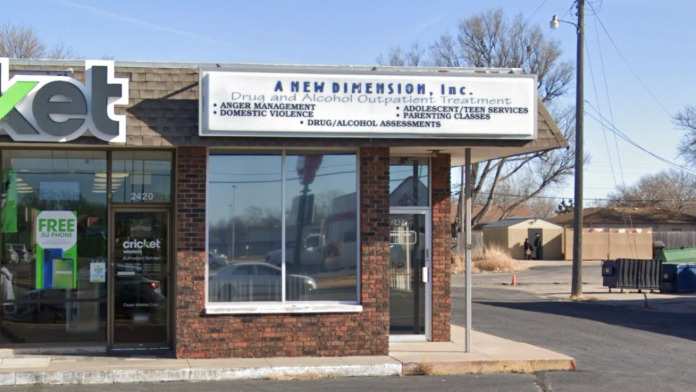 | A New Dimension: Wichita, KSLocated at 2422 South Seneca Street, Suite A, Wichita, KS 67217, A New Dimension is a private rehabilitation facility dedicated to helping individuals overcome substance abuse, including alcoholism, opiate addiction, and co-occurring mental health disorders. The center offers flexible outpatient addiction therapy, allowing patients to receive regular treatment while living at home. Additionally, A New Dimension provides intensive outpatient programs designed to offer more comprehensive support for those in need. With a focus on personalized care, the facility aims to empower individuals on their journey to recovery and improved well-being. 2422 South Seneca street, Suite A, Wichita, KS 67217 | Levels of Care:outpatient Payment Options:MedicaidPrivate insuranceSelf-Pay OptionsMilitary Insurance | ||
ABC Health Group - Matrix CenterABC Health Group - Matrix Center | Payment Options:Self-pay options | |||
ACEIS - Addiction Counseling Education & Information ServicesACEIS - Addiction Counseling Education & Information Services | Payment Options:Self-pay options | |||
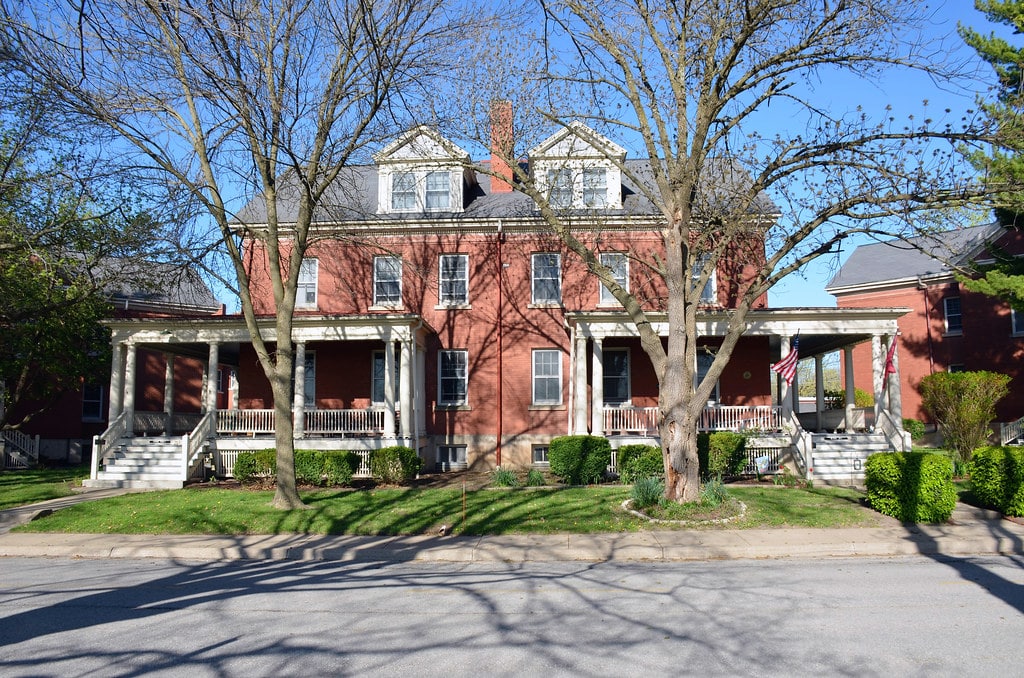 | ACS Fort LeavenworthACS Fort Leavenworth, located at 600 Thomas Ave, Fort Leavenworth, KS, is part of the Army Community Services (ACS) network, providing a range of support services to soldiers, families, and civilians. ACS offers programs aimed at enhancing the quality of life for military personnel and their families, including resources for financial assistance, family advocacy, relocation support, and employment services. The center is dedicated to fostering a strong community and helping individuals navigate the challenges that come with military life. Through various programs and services, ACS Fort Leavenworth aims to empower and support military families, ensuring they have access to the resources they need for personal and professional growth. 600 Thomas Ave, Fort Leavenworth, KS 66027 | Levels of Care:InpatientoutpatientAftercare Support Payment Options:MedicaidPrivate insuranceSelf-Pay OptionsFinancial AidMilitary Insurance | ||
AdaptAdapt | ||||
AdcsAdcs | ||||
Addiction Specialists of KansasAddiction Specialists of Kansas | ||||
Addiction Stress CenterAddiction Stress Center | Payment Options:Medicaid | |||
Addiction Treatment Services - Overland ParkAddiction Treatment Services - Overland Park | Payment Options:Private insurance | |||
Advance RehabilitationAdvance Rehabilitation | ||||
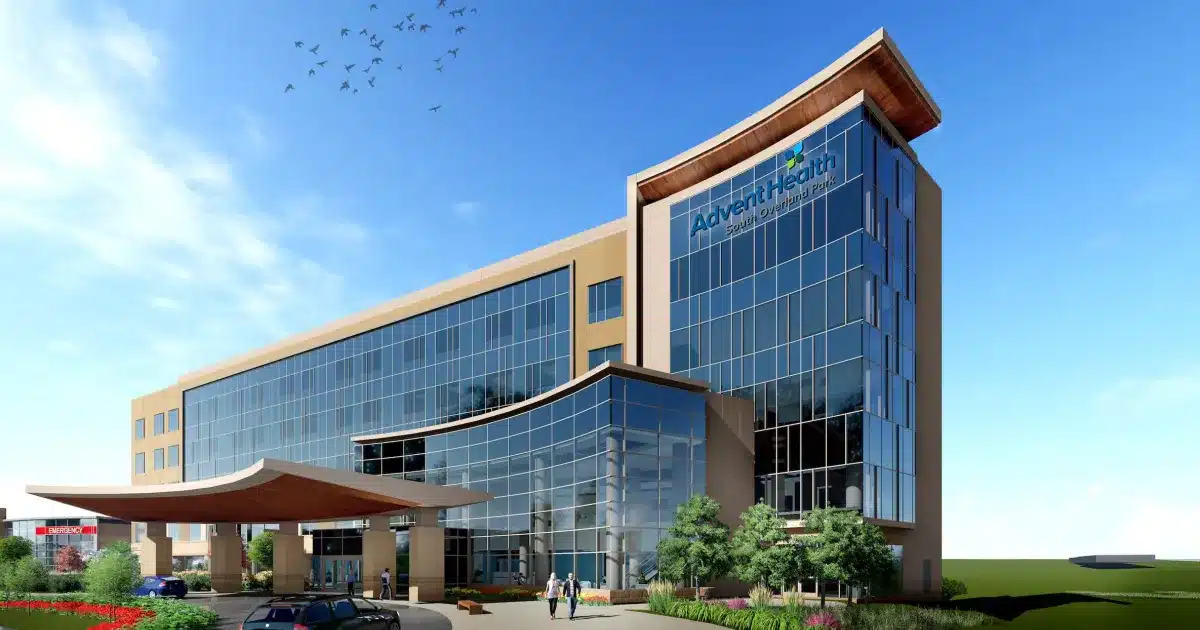 | AdventHealth Shawnee MissionAdventHealth Shawnee Mission in Merriam, KS, is dedicated to delivering high-quality healthcare services to the community. Offering a wide range of medical services, including emergency care, outpatient procedures, and specialized treatments, AdventHealth focuses on holistic wellness and compassionate patient care. With a team of skilled professionals and state-of-the-art facilities, the center is committed to improving the health and well-being of individuals and families. Explore the diverse services available to support your health journey at AdventHealth Shawnee Mission. 9100 W 74th St, Merriam, KS 66204 | Levels of Care:DetoxInpatientoutpatient Payment Options:MedicaidPrivate insuranceSelf-Pay OptionsFinancial AidMedicareMonthly | ||
Affordable Treatment ProgramAffordable Treatment Program | Payment Options:Self-pay options | |||
Agape Christian CounselingAgape Christian Counseling | Payment Options:Self-pay options | |||
Alcohol Safety Action ProjectAlcohol Safety Action Project | Payment Options:Self-pay options | |||
Alpha Recovery CenterAlpha Recovery Center | Payment Options:Private insurance | |||
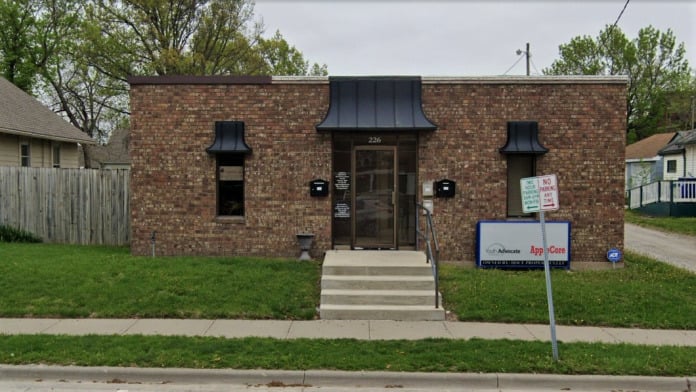 | AppleCore Outpatient TreatmentAppleCore Outpatient Treatment, located at 226 South Kansas Avenue, Olathe, KS 66061, is a private alcohol and drug rehabilitation center dedicated to providing effective treatment for a variety of substance abuse addictions, including alcoholism, opiate addiction, and co-occurring mental health disorders. The facility offers personalized outpatient programs designed to support individuals in their recovery journey while allowing them to maintain their daily lives. With a focus on evidence-based practices and holistic approaches, AppleCore aims to empower clients to overcome their challenges and achieve lasting recovery. The center fosters a compassionate environment, ensuring that individuals receive the guidance and support they need to build healthier habits and improve their overall well-being. 226 S Kansas Ave, Olathe, KS 66061 | Levels of Care:outpatient Payment Options:Self-Pay Options | ||
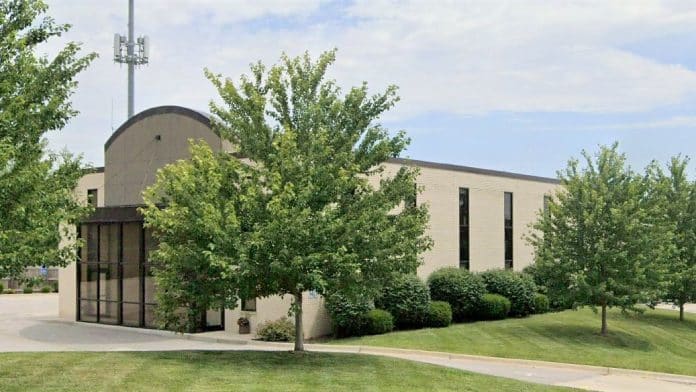 | Arista Recovery: Overland Park, KSArista Recovery Overland Park, located at 9401 Reeds Rd Suite 101, Overland Park, KS 66207, is a leading addiction treatment center dedicated to providing comprehensive care for individuals struggling with substance use disorders. With an impressive rating of 4.8 based on Google reviews, the center specializes in detox, alcohol, and drug rehabilitation services tailored to meet the unique needs of each client. Arista Recovery offers a range of evidence-based treatment options, including outpatient programs and personalized care plans, designed to empower individuals on their journey to recovery. Committed to fostering a supportive and compassionate environment, Arista Recovery is a trusted partner for those seeking a path toward lasting sobriety and improved health. 9401 Reeds Rd Suite 101, Overland Park, KS 66207 | Levels of Care:InpatientoutpatientIntensive Outpatient (IOP)Medically Assisted DetoxPartial Hospitalization Program (PHP)Sober Living HomesAftercare Support24-Hour Clinical CareIntervention Services Payment Options:Private InsuranceSelf-Pay Options | 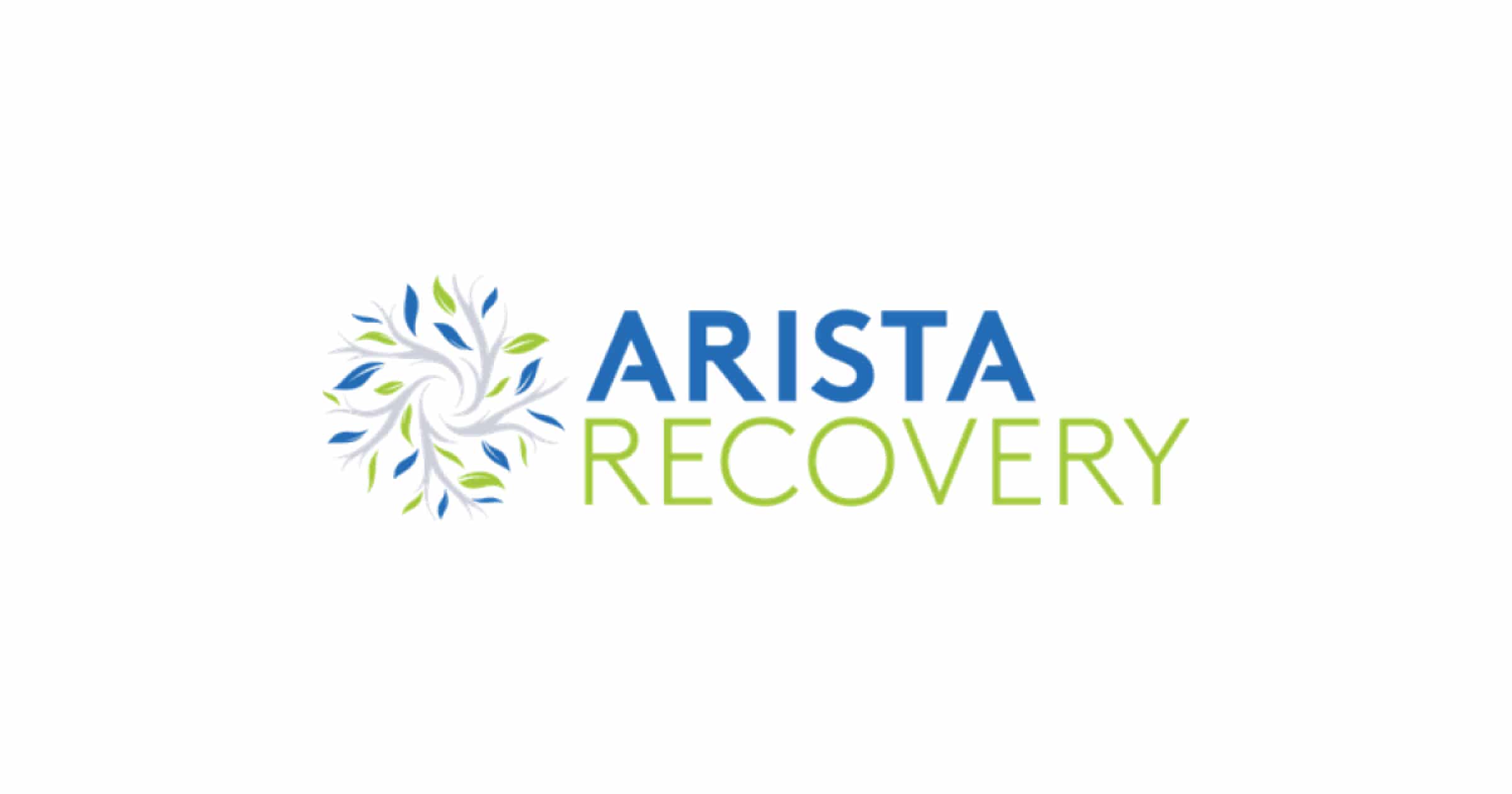 | |
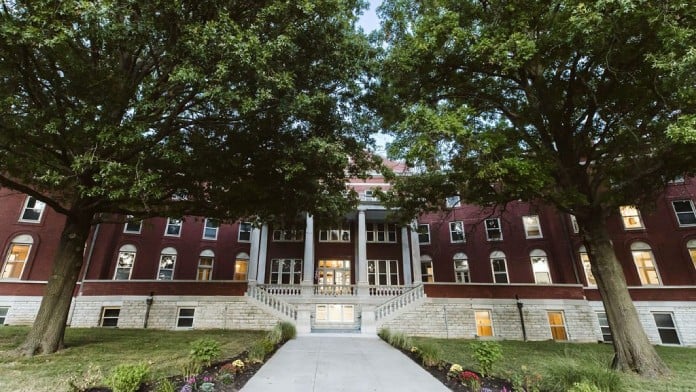 | Arista Recovery: Paola, KSArista Recovery, located at 901 E Miami St, Paola, KS 66071, is a leading addiction treatment center that specializes in detoxification and rehabilitation for individuals struggling with substance use disorders. With an impressive rating of 4.7 based on 91 Google reviews, Arista Recovery is dedicated to providing comprehensive care and support. The center offers a variety of services, including personalized treatment plans, counseling, and group therapy, all aimed at fostering recovery and wellness. Committed to creating a compassionate and supportive environment, Arista Recovery empowers clients to take the first steps toward reclaiming their lives from addiction. 901 E Miami St, Paola, KS 66071 | Levels of Care:InpatientoutpatientIntensive Outpatient (IOP)Medically Assisted DetoxPartial Hospitalization Program (PHP)Sober Living Homes Payment Options:Private InsuranceSelf-Pay Options | 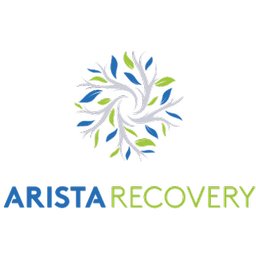 | |
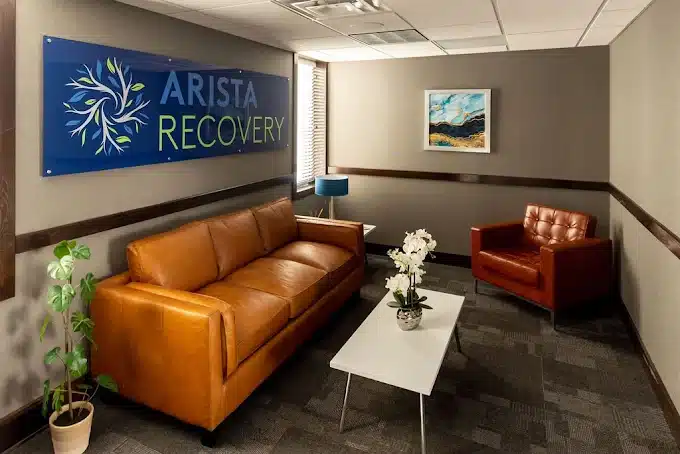 | Arista Recovery: Wichita, KSArista Recovery, located at 1029 W Douglas Ave Suite 212, Wichita, KS 67213, is a premier addiction treatment center dedicated to helping individuals overcome substance use disorders. With a strong rating of 4.6 based on 13 Google reviews, the center specializes in detoxification, alcohol, and drug rehabilitation services tailored to meet the unique needs of each client. Arista Recovery offers a variety of evidence-based treatment options, including individual therapy and group support, designed to empower individuals on their recovery journey. Committed to fostering a compassionate and supportive environment, Arista Recovery plays a vital role in guiding clients toward lasting sobriety and improved mental health. 1029 W Douglas Ave Suite 212, Wichita, KS 67213 | Levels of Care:InpatientoutpatientIntensive Outpatient (IOP)Medically Assisted DetoxPartial Hospitalization Program (PHP)Sober Living HomesAftercare Support24-Hour Clinical CareIntervention Services Payment Options:Private InsuranceSelf-Pay Options | 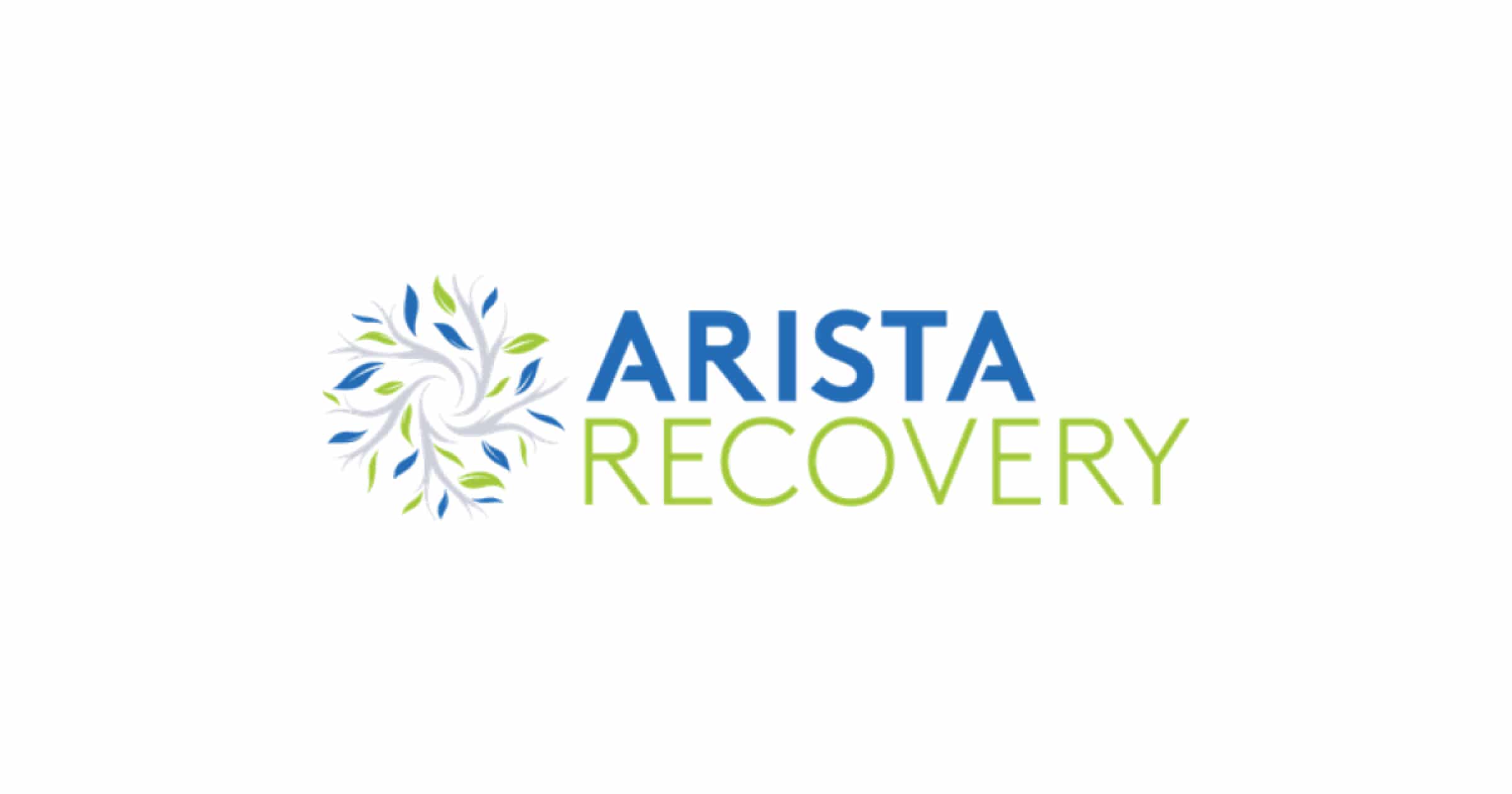 |
Find Kansas drug rehabs in cities near you or sort by letter.
For anyone seeking help for addiction for themselves or a loved one calls to Addiction Helpline America are completely confidential and available 24/7.
Please note: any treatment center listed on our site that receives calls is a paid advertiser.
Calls to a specific treatment center’s listing will be connected directly to that center.
Calls to our general helpline will be answered by treatment providers, all of whom are paid advertisers.
By calling the helpline, you agree to our terms and conditions. These calls are free of charge and carry no obligation to enter treatment. Neither Sober Steps nor anyone answering your call receives a commission or fee based on your choice of treatment provider.
If you’d like to explore additional treatment options or connect with a specific rehab center, you can browse our top-rated listings, visit our homepage, or call us at (844) 561-0606. You may also contact us for further assistance.
Calls to any general helpline will be answered or returned by one of the treatment providers listed, each of which is a paid advertiser:
Our helpline is available 24 hours a day, 7 days a week at no cost to you and with no obligation for you to enter into treatment. We are committed to providing support and guidance whenever you need it.
In some cases, Addiction Helpline America charges our verified partner a modest cost per call. This fee helps us cover the costs of building and maintaining our website, ensuring that we can continue to offer this valuable service to those in need.
Addiction recovery encompasses various treatment modalities designed to help individuals overcome substance use disorders. These options include inpatient rehabilitation, outpatient programs, detoxification services, and aftercare support, each tailored to meet the unique needs of patients based on their specific circumstances and severity of addiction.
For instance, inpatient rehab offers a structured environment where individuals can focus solely on their recovery, while outpatient programs provide flexibility for those who may have work or family commitments. Detox centers specifically address the physical aspects of addiction, helping to manage withdrawal symptoms, and aftercare support is crucial for maintaining sobriety post-treatment.
Understanding the financial aspects of addiction treatment is essential for anyone seeking help. The cost of rehab centers in Kansas varies widely based on factors such as the type of facility, length of stay, and specific services offered. Many centers accept insurance, and some offer sliding scale fees based on income, making treatment more accessible.
For example, inpatient facilities may charge higher rates due to the comprehensive services provided, including 24/7 medical supervision and therapy sessions. In contrast, outpatient programs tend to be more affordable, allowing individuals to receive treatment while continuing to live at home. It’s important for potential patients to inquire about insurance coverage and available financial aid options when exploring their treatment choices.
Success rates for rehabilitation programs can vary significantly based on the type of treatment, the individual’s commitment, and the support systems in place. Generally, programs that offer a combination of medical care, therapy, and aftercare support tend to have higher success rates in helping individuals maintain long-term sobriety.
Research indicates that individuals who participate in aftercare programs, such as support groups or continued therapy, have a greater chance of avoiding relapse. Additionally, personalized treatment plans that address both addiction and co-occurring mental health disorders often yield better outcomes, as they provide a holistic approach to recovery.
Families of individuals struggling with addiction often face their own challenges and need support. Resources available for families include counseling services, support groups, and educational programs that help them understand addiction and how to cope with its effects on their loved ones.
Organizations like Al-Anon and Nar-Anon provide peer support for family members and friends of those struggling with substance abuse, offering a safe space to share experiences and strategies for coping. Additionally, many rehab centers offer family therapy sessions, which can be beneficial in rebuilding relationships and fostering a supportive environment for recovery.